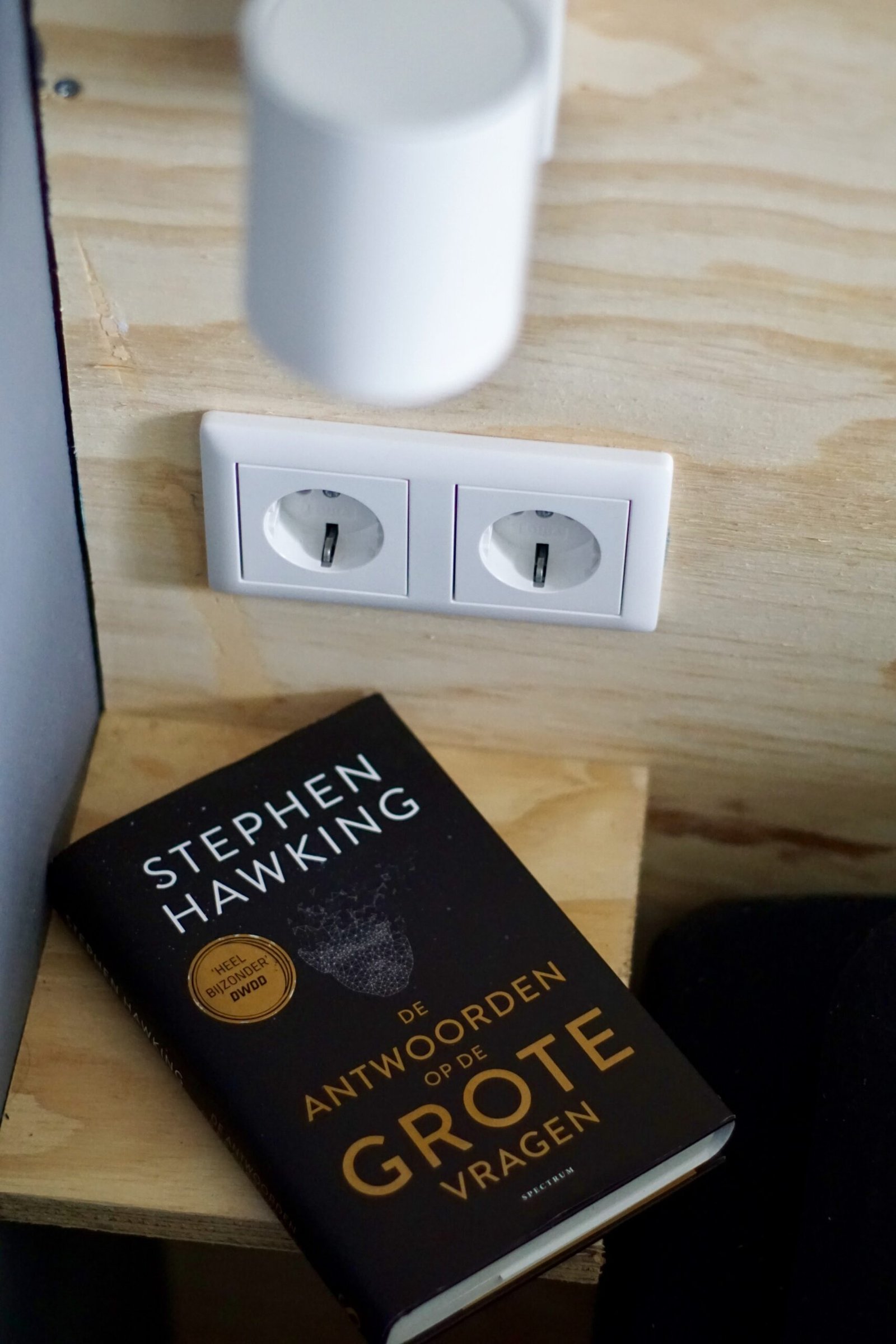Have you ever found yourself pondering the meaning of life? It’s a question that has intrigued philosophers, theologians, and everyday individuals for centuries. While there may not be a definitive answer, exploring this topic can lead to a deeper understanding of ourselves and the world around us.
The Quest for Meaning
Throughout history, humans have sought to find meaning in their existence. From ancient civilizations to modern societies, the search for purpose has been a driving force in our lives. Some turn to religion or spirituality, believing that there is a higher power or divine plan guiding their journey. Others find meaning in personal relationships, career accomplishments, or the pursuit of knowledge.
Existential philosophers like Søren Kierkegaard and Jean-Paul Sartre have delved into the question of meaning, emphasizing the individual’s responsibility to create their own purpose in life. According to existentialism, life is inherently meaningless, and it is up to each person to define their own values and goals.
The Pursuit of Happiness
One common belief is that the meaning of life is synonymous with happiness. Many people strive to find joy and fulfillment in their everyday experiences, whether through personal achievements, meaningful relationships, or simply enjoying life’s pleasures. However, happiness can be subjective and fleeting, making it an unreliable measure of life’s ultimate purpose.
Psychologist Martin Seligman proposed the concept of “authentic happiness,” which goes beyond momentary pleasure and focuses on long-term well-being. He identified three components of authentic happiness: positive emotions, engagement in activities that bring us fulfillment, and a sense of meaning and purpose in life. According to Seligman, a meaningful life involves using our strengths and talents to contribute to something greater than ourselves.
Connections and Relationships
Another perspective on the meaning of life revolves around our connections with others. Human beings are social creatures, and our relationships with family, friends, and communities play a significant role in shaping our sense of purpose. Building and nurturing these connections can bring a deep sense of fulfillment and meaning to our lives.
Psychologist Viktor Frankl, a Holocaust survivor, wrote about the importance of finding meaning even in the most challenging circumstances. In his book “Man’s Search for Meaning,” Frankl described how he found purpose and hope in his experiences by helping others and maintaining a sense of gratitude and resilience.
Personal Growth and Self-Discovery
For many individuals, the meaning of life lies in personal growth and self-discovery. Engaging in introspection, exploring one’s values and beliefs, and striving for personal development can lead to a greater understanding of oneself and the world. This journey of self-discovery can provide a sense of purpose and fulfillment that goes beyond external achievements.
Psychologist Abraham Maslow proposed the concept of self-actualization, which refers to the realization of one’s full potential and the pursuit of personal growth and fulfillment. According to Maslow’s hierarchy of needs, self-actualization is the highest level of psychological development, representing the pinnacle of human motivation and the quest for meaning.
Embracing the Mystery
Ultimately, the meaning of life may be a deeply personal and subjective matter. It is a question that invites contemplation, introspection, and exploration. While we may never find a definitive answer, the search for meaning can lead us to a greater understanding of ourselves, our values, and our place in the world.
As we navigate through life’s ups and downs, it is important to remember that the meaning of life is not a destination to be reached but a journey to be embraced. By cultivating meaningful connections, pursuing personal growth, and finding joy in the present moment, we can create our own sense of purpose and find meaning in the ever-changing tapestry of life.



